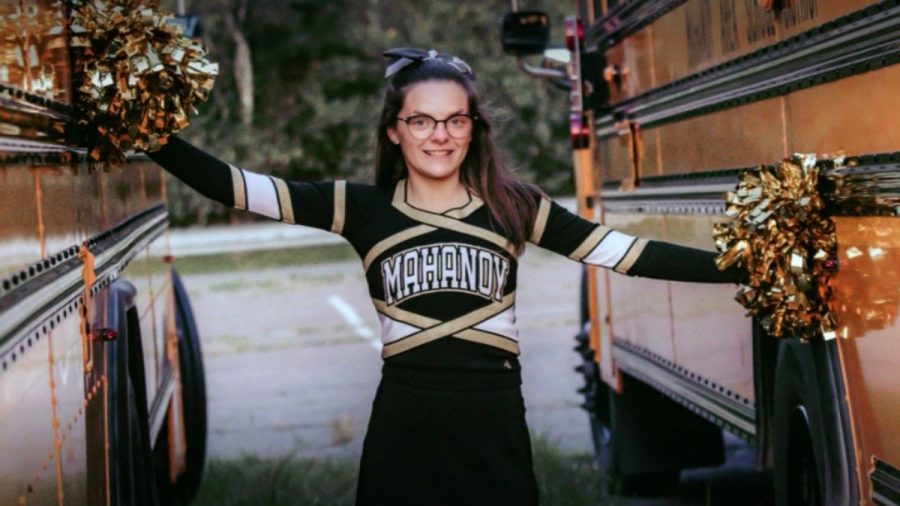SCOTUS hears high school cheerleader’s profanity case
January 27, 2021
This coming February, the Supreme Court will consider hearing a case of a high school cheerleader, who goes by “B.L.,” being suspended from her high school cheer team after posting offensive language on her Snapchat.
After finding out that she would not be a part of the varsity cheer squad and would instead be on the junior varsity team, the cheerleader posted a story: a picture of her and a friend raising their middle fingers and with the text, “f**k school, f**k softball, f**k cheer, f**k everything.” After a fellow student screenshotted and reported the post, B.L. was suspended from cheerleading for the year. In response, her parents sued the school district.
This raises the question of whether school jurisdiction over juvenile speech extends to social media. The Supreme Court ruled in the 1969 case of Tinker v. Des Moines that neither teachers nor students, “shed their constitutional rights to freedom of speech or expression at the schoolhouse gate.” Whether social media is legally on or off campus is up for the court to decide. In another case, Morse v. Frederick, known as the “Bong Hits 4 Jesus” case, the Supreme Court ruled that it is not a denial of the First Amendment right to free speech for public school officials to censor student speech that they reasonably believe encourages illegal drug use. Essentially the school was constitutionally able to censor something that goes against school values, even off of school grounds. Although it is a common standard that free speech is permitted as long as it does not detract from the learning environment, could social media posts begin to be censored?
The Third Circuit Court of Appeals of Philadelphia ruled that the suspension was unconstitutional and that the story was classified as “off-campus” speech. The Circuit Court also added that the post was protected by the First Amendment although it was “crude, rude and juvenile.”
This case is crucial for the millions of students expressing their opinions online while enrolled in online school. What rights do students hold when students are “in school,” at home? Many public schools and administrators are pushing for the ruling on this case. A brief from the Philadelphia school district said, “The question presented recurs constantly and has become even more urgent as Covid-19 has forced schools to operate online. Only this court can resolve this threshold First Amendment question bedeviling the nation’s nearly 100,000 public schools.”
What does this mean for LO? For example, Lake Oswego School District could start encouraging a return to school and endorsing the regular wearing of masks of social distancing. If students post about disobeying these rules on social media, could there be consequences? What about hateful language towards others online? There is much to consider when it comes to the never-before-seen relationship between social media and school.


